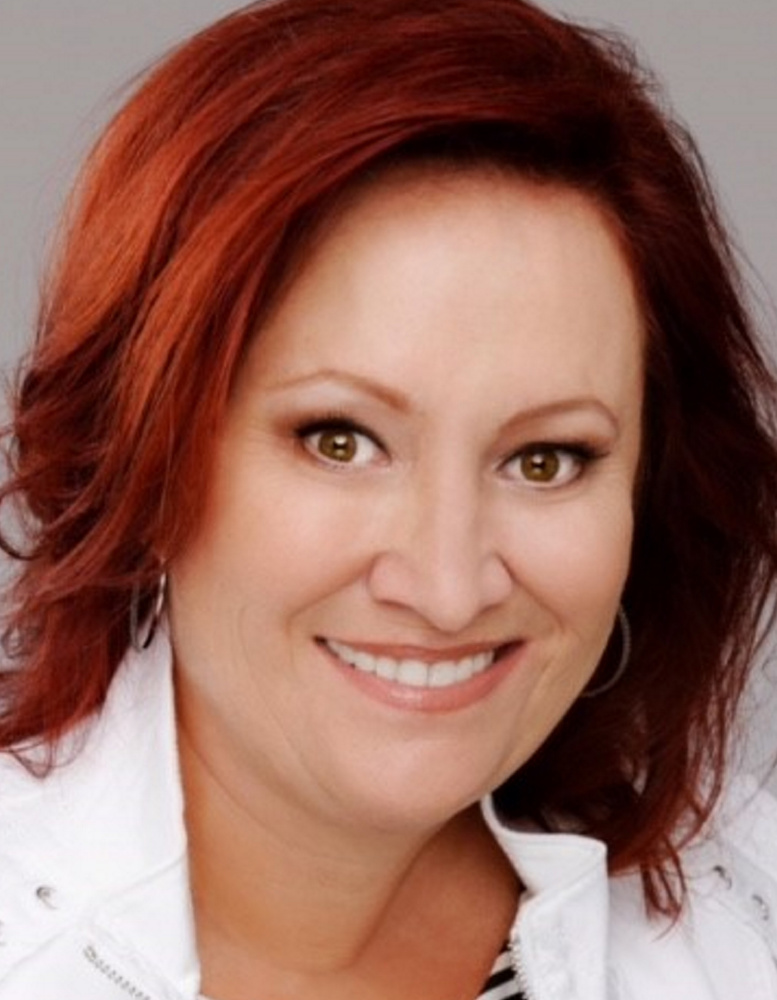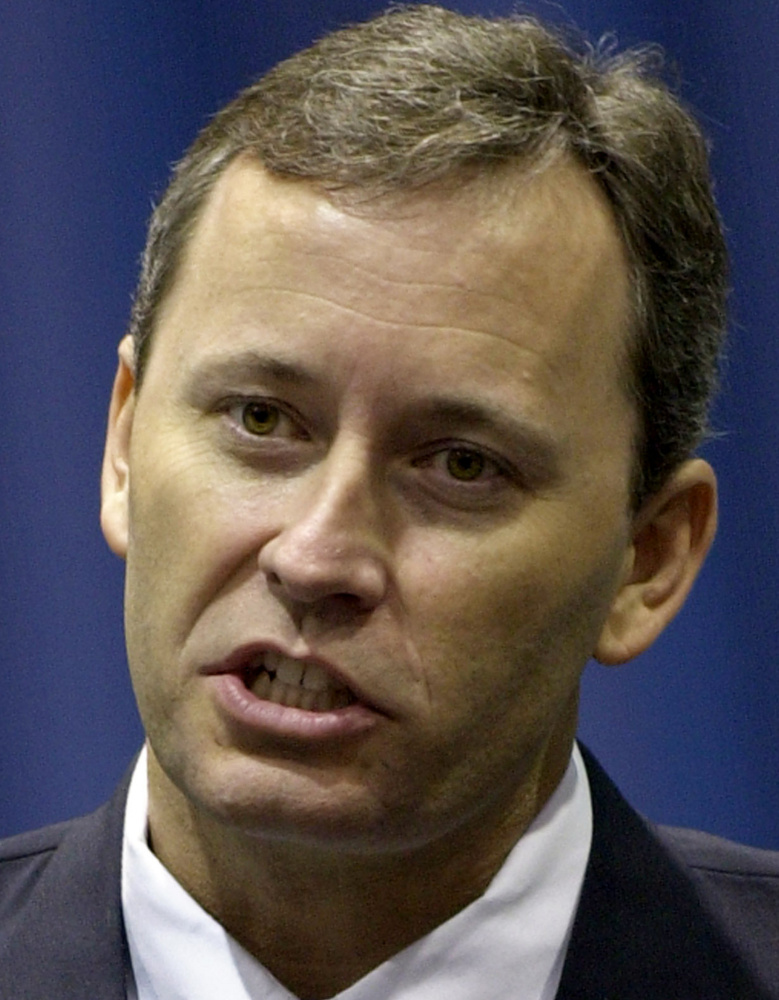Maine voters likely will decide in November whether to approve a York County casino sought by a controversial international developer responsible for bringing gambling to Maine more than a decade ago.
The Maine Secretary of State’s Office said Monday that backers of the ballot initiative seeking a York County casino or slot machine facility submitted enough signatures to send the issue to the voters this fall. The language of the ballot initiative is phrased in a way so that only gambling entrepreneur Shawn Scott or his associates would be allowed to build the casino.
This was the second attempt to qualify for the ballot by Horseracing Jobs Fairness – the political group behind the campaign – after Secretary of State Matt Dunlap invalidated tens of thousands of signatures last year.
Horseracing Jobs Fairness has spent roughly $4 million to get to this point, every penny of which came from Scott’s sister.
In her first public comments on the ballot drive, Lisa Scott said Monday that the proposed “Southern Maine gaming facility” would create 800 construction jobs and more than 1,000 permanent jobs. The ballot initiative does not specify a location in York County for the facility.
“The approval of this initiative will preserve tens of millions of dollars in revenues that are currently being lost from Maine and going to other New England gaming locations,” Lisa Scott, a Miami resident involved in real estate development, said in a written statement. “These revenues can be kept in Maine. In light of the expanded gaming developments in Massachusetts, it is more critical than ever to protect the jobs and tax revenues in Maine.”
FIRST PETITION EFFORT A RUSH JOB
All ballot initiatives first go to the Legislature, which can either approve the proposal or send it to voters. Historically, lawmakers have allowed voters to decide such issues.
Like Maine’s two other voter-approved gambling facilities – Hollywood Casino in Bangor and Oxford Casino in Oxford – the York County proposal is touted as a way to prop up Maine’s financially beleaguered harness racing sector.
“This project will protect tax revenues for the Maine harness racing industry – the owners, breeders, trainers, drivers and grooms that preserve the traditions and values of this valued agricultural industry – in addition to providing millions of dollars for health care and education,” Lisa Scott said.
She pumped millions of dollars into Maine in late 2015 and early 2016 in hopes of placing the issue on last November’s ballot. But the process was marred by complaints about aggressive or misleading petitioners and sloppy paperwork, while also highlighting the largely underground national industry built around gathering signatures for ballot initiatives.
Trying to gather more than 61,000 signatures in a matter of months, Horseracing Jobs Fairness hired contractors reportedly offering petition circulators up to $10 per signature. But Dunlap’s office invalidated more than 55,000 of those signatures, forcing the campaign to hit the streets again late last year.
The second batch of 64,897 signatures filed with Dunlap’s office in December included more than 51,000 valid signatures, which, when combined with 35,000 valid signatures submitted last year, allowed the group to qualify for this fall’s ballot.
Shawn Scott’s involvement in the project is likely to become part of the debate going forward, given his previous ventures in Maine and around the world.
Scott led the 2003 referendum campaign to authorize Maine’s first “racino” – a combination horse racetrack/slots casino in Bangor. He didn’t stick around long enough to build the racino as state regulators scrutinized his business ties. Instead, he cashed out by selling the rights to Penn National Gaming for a reported $51 million. Penn National subsequently expanded Hollywood Casino to include table games.
Scott and his gambling dealings have been the subject of considerable scrutiny in other states and countries. Most recently, the Mariana Islands-based firm where Scott is listed as vice chairman, Bridge Capital, helped fund the unsuccessful 2016 ballot initiative in Massachusetts seeking approval to bring slot machines to a property near Suffolk Downs racetrack. Bridge Capital’s involvement did not become public until days before the election.
Massachusetts voters rejected the ballot initiative by a margin of 61 percent to 39 percent. Suffolk Downs racetrack was not affiliated with the slot machine ballot initiative.
In her statement released Monday, Lisa Scott said the York County proposal would “complete the vision started more than a decade ago when gaming was first introduced in Maine to preserve the horse racing tradition, revenues for health care and education, and jobs for Mainers.”
HIGH SPENDING, MIXED RESULTS
The York County casino proposal already ranks as one of the state’s most expensive ballot initiatives, and the true campaign hasn’t even begun.
Lisa Scott contributed nearly $4.1 million to Horseracing Jobs Fairness to qualify for the ballot. By comparison, last year’s failed campaign to require background checks on private gun sales in Maine spent $5.4 million, while supporters of same-sex marriage spent $4.5 million on the entire 2009 campaign.
Gambling proposals have mixed records with Maine voters. While the Bangor and Oxford proposals were both approved at the ballot box, voters have rejected several attempts by Maine’s Indian tribes to open gambling facilities as well as a proposed Lewiston-area casino.
A September 2014 report commissioned by the Legislature determined there was market capacity for additional casino gambling in Maine and recommended that any facility be located in the southern end of the state within close proximity of Interstate 95. The report, from Atlantic City-based WhiteSand Gaming, also said the state could support a modest casino – limited to 250 slot machines and 10 table games – near the Maine-Canada border in Washington County or Aroostook County in addition to the southern Maine facility.
Kevin Miller can be contacted at 791-6312 or at:
kmiller@mainetoday.com
Twitter: KevinMillerPPH
___________________________
CLARIFICATION: This story was updated at 12:11 p.m. on Jan. 24, 2017, to clarify that Suffolk Downs racetrack was not affiliated with last year’s unsuccessful ballot initiative in Massachusetts to bring slot machines to a property near Suffolk Downs.
Send questions/comments to the editors.





Success. Please wait for the page to reload. If the page does not reload within 5 seconds, please refresh the page.
Enter your email and password to access comments.
Hi, to comment on stories you must . This profile is in addition to your subscription and website login.
Already have a commenting profile? .
Invalid username/password.
Please check your email to confirm and complete your registration.
Only subscribers are eligible to post comments. Please subscribe or login first for digital access. Here’s why.
Use the form below to reset your password. When you've submitted your account email, we will send an email with a reset code.